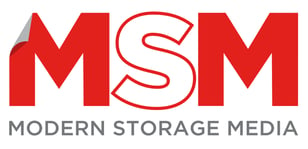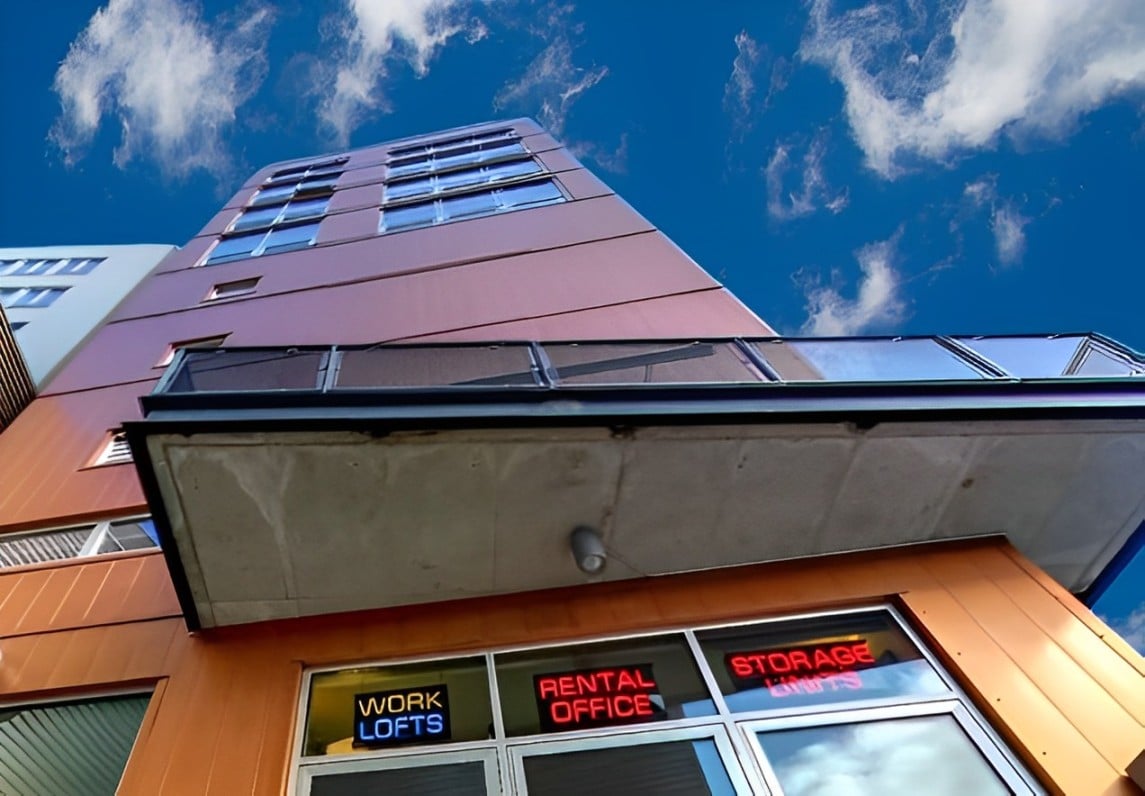Credit Reporting
Can It Generate Extra Income?
By Scott Zucker
Self-storage owners and operators are smart to consider all types of ways to increase the value of their portfolios, but one most often overlooked is using the credit screening and reporting tools.
Under current estimates, the annual revenue for the self-storage industry is $38 billion. This statistic is staggering, especially since this revenue is more than 10 percent of the entire U.S. auto industry and more than double the less than $16 billion of revenue for the entire global music industry. So, while many still consider the self-storage industry as a “mom and pop” business, the truth is that self-storage owners and operators are sophisticated business people who excel at the rental of real estate.
However, as this industry continues to grow, it has yet to recognize the benefit of certain tools that have been used in other real estate sectors that enhance their operational success. One of those tools is the use of credit checks of potential tenants to avoid payment risk tenants; the other is the use of credit reporting to influence better payment behavior to avoid a negative credit history.
Credit reporting has been in use for 60 years. It is commonly utilized in banking and finance industries as well as in the real estate business with multi-family housing and homeowners associations. The use of credit reporting in these industries has had a direct impact on the reduction of bad debt because of the affect of late payment reports on a customer’s credit score. As will be discussed below, reporting monthly rent payments elevate the importance of those payments to the same priority level as mortgages, auto loans, and credit card payments, because the tenant’s credit score is at risk if there is a payment failure. A tenant’s recognition that their rent payments will impact their credit score has been shown to dramatically reduce tenant delinquencies and the costs associated with those delinquencies, including the intangible costs associated with management frustration and stress arising from handling tenant defaults.
Adding the service of credit reporting to a self-storage facility’s operations is expected to have the same positive benefits to the self-storage industry as it has in other real estate operations, including reducing management frustration, increasing operational cash flow, and increasing the net value of the business. Similarly, there are benefits for the tenants who participate, namely higher credit scores for those who pay timely.
As a model of success, we can look to the direct impact that credit reporting had on homeowners associations and bad debt arising from homeowners who were late or failed to pay their membership fees. Grant Jackson, vice president of sales for Sperlonga Data, a company that aggregates reporting for industries such as homeowners associations, says HOAs using credit reporting reported a 12 percent decrease in past-due balances in the first three months of reporting and a 35 percent decrease in past-due balances over a 12-month period.
How Does It Work?
The concept of credit screening and reporting is simple. Jackson says his company looked at why the mortgage, credit card, and auto loan industries have such positive cash flow rates. “They all report to the credit bureaus,” says Jackson. “Our company started looking at providing this for the multi-family, homeowners association, and self-storage industries.”
According to data released by TransUnion, one of the major credit bureau reporting agencies, auto loans had the lowest overall delinquency rates at 1.43 percent in October 2017. Mortgage loan industry delinquency was at 1.83 percent and credit card industry delinquency was at 1.86 percent for the same period.
“People don’t miss these payments because their credit score is tied to them,” says Jackson. “Self-storage operators have the technology tools that are time tested and industry proven. Screening and reporting self-storage payments directly ties their payment record to their credit score. It is one more tool for owners and operators to make their portfolios more valuable.”
Establishing the screening and reporting service is easy for the self-storage operator since it runs through the operator’s management software. An operator who connects to the credit reporting service allows the provider to access their tenants’ payment statuses and share information about both their on-time payments as well as their late payments. By providing the data to the credit reporting agency, the tenant’s credit record can be strengthened or weakened by their payment actions.
Jackson emphasizes this just isn’t to punish tenants who don’t pay on time, but also provide reward in the form of a positive payment record. “It’s about behavior resulting in consequence,” says Jackson.
On-time payments are rewarded with positive scores; late payments will result in a negative impact. An operator’s previous deficiencies can also be reported provided that the deficiencies have not been written off or sold. Jackson says this is an important piece for operators who have had a hard time collecting on older debts. “This is a big win, as operators have told us it’s important to go after some of the older debts they’ve been unable to collect,” says Jackson.
A credit report provider does not need the tenant’s social security number, credit card information, or driver’s license information. All data that is delivered to the reporting agency from the provider is encrypted. And the risk of liability for a participating self-storage facility is minimal. Under federal law, businesses are authorized to report payment histories to the credit bureaus and, more importantly, the Fair Credit Reporting Act provides immunity to companies for consumer claims arising from this type of reporting.
Ultimately, the credit reporting movement is consumer focused and contributes toward rewarding customers who pay their rents on time while creating a direct disincentive to customers who are paying late. At the end of the day, the enforcement of a lien on a tenant’s stored goods and even the sale of those goods may not be as impactful to a customer whose credit score is lowered by reporting the lack of payment.
Storage Credit Reporting
Sperlonga Data currently aggregates data for the multi-family housing and homeowners association industries. Its goal is to link with current software in the self-storage industry, which will aggregate data for a total of 64 million accounts. The cost of the additional service will likely be outweighed by the benefits it provides the owner and operators, which includes reducing delinquencies while increasing the value of the portfolio. Sperlonga also plans to launch a credit check component with the credit reporting package soon.
Scott Zucker is a partner in the law firm of Weissmann Zucker Euster Morochnik & Garber, P.C. in Atlanta, Georgia. Scott specializes in business litigation with an emphasis on real estate, landlord-tenant, and construction law. Scott is a frequent lecturer at national conventions and is the author of Legal Topics in Self Storage: A Sourcebook for Owners and Managers, First and Second Editions. He is also a partner in the Self-Storage Legal Network, a subscription-based legal service for self-storage owners and managers. Scott can be reached at (404) 364-4626 or at Scott@wzlegal.com.
More Content
Popular Posts
The self storage industry is in a precarious...
The REITs new pricing strategy – lowering...
With the approval of both companies’...
Recent Posts
Ramey Jackson is the CEO of Janus...
Imagine preparing to move and needing to...
Owning or managing a self-storage facility...
Helen Keller is quoted as saying, “Alone we...
It’s often been said that “opportunity is...
There’s a saying in Florida that there are...
The landscape of the self-storage industry...














